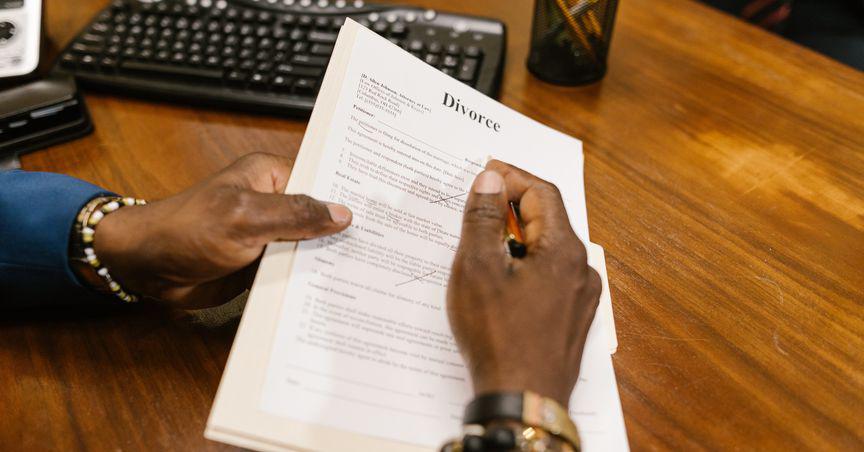Divorce can have a huge impact on an individual's financial well-being, particularly when it comes to retirement savings. The financial consequences of divorce can affect women, especially mothers, more severely due to factors such as childcare expenses and the gender pay gap.
A study conducted by the Center for Retirement Research at Boston College reveals that divorced Americans are more likely to face challenges in retiring comfortably at the age of 65. Recovering from the financial setbacks caused by divorce can be a gradual process that requires careful planning and perseverance.
It may take several years to regain the standard of living that existed before the divorce. Experts suggest several strategies to help individuals rebuild their retirement savings effectively. This article details some ideas for people who have gone through a divorce and need to rebuild their retirement savings.
The Financial Consequences of Divorce
Divorce can have a detrimental impact on an individual's retirement savings due to various factors. One significant challenge faced by divorced individuals is the loss of economies of scale. This means needing two places to live instead of one, for example.
When couples are married, they can rely on each other for support during times of unemployment or health issues. However, as single individuals, they have to bear the financial burden alone, including the cost of maintaining separate households, multiple vehicles, and emergency funds.
Retirement and Joint Savings
When dividing assets during a divorce, you should consider the long-term implications on retirement savings. Working together with divorce lawyers and financial planners can help navigate the complexities of asset allocation.
It may be a good idea to prioritize certain assets over others, depending on your individual circumstances. For example, requesting a smaller share of a spouse's retirement fund in exchange for a more substantial portion of joint savings can help cover future health insurance costs.
Alternatively, selling the family house and focusing on personal retirement funds might be a better idea if your personal savings are deemed sufficient.
Regardless of age, it is possible to rebuild retirement savings after a divorce, although older women may face more significant challenges. Even individuals in their mid-60s who have already retired can take steps to recover their financial stability.
Dividing existing retirement assets and exploring options like reverse mortgages can help secure homes and maintain a certain standard of living. For those with more time until retirement, Divorce Bob, a resource for online divorce, recommend a three-part plan:
- Conducting a comprehensive budget review
- Paying down debt to create an emergency fund
- Strategising ways to replenish retirement savings.
Tax Considerations
Divorce brings about changes in an individual's tax situation, and it is important to be aware of the potential impact. Seeking guidance from tax professionals can help ensure that tax projections are considered along with the divorce decree.
Lawyers may focus on the legal aspects of asset division, while financial planners take into account the tax consequences of various options. It is always better to have a comprehensive understanding of the tax implications to avoid unexpected financial difficulties in the future.
Financial Education
Attending webinars and seminars organized by financial planners or organizations focused on divorce coaching and financial literacy can provide helpful insights. Online communities and support groups are also valuable resources for sharing experiences, gaining knowledge, and finding emotional support during the rebuilding process.
Rebuilding retirement savings after divorce requires a commitment to financial discipline and prudent decision-making. Experts suggest allocating a significant portion of earnings, around 30%, towards retirement savings.
It is always important to balance living expenses, discretionary spending, and anticipated ageing care costs. Embracing frugality may be necessary, reducing expenses on non-essential items and experiences to ensure a secure financial future.
Building Your Future
While facing a solitary financial future after divorce can be daunting, it can also be empowering. Taking control of one's financial situation, setting realistic goals, and figuring out strategies for retirement savings can lay the foundation for a more secure and fulfilling future.
By seeking support, education, and professional advice, divorced people can overcome the challenges posed by divorce and work towards a comfortable retirement.




